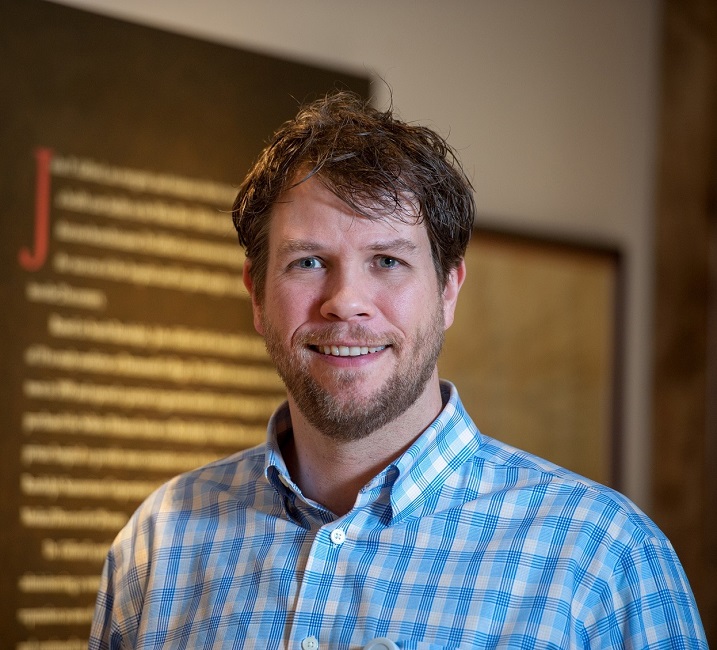
 Roughly five months ago, the reality of the COVID pandemic was sinking in. Since then our nation’s response has been scattered at best. Here in Vermont we nervously enjoy what seems to be a bit of relative safety. Our mountains and dense forests have protected us thus far. There are no large cities, crowds are a rarity, and COVID has had difficulty finding foothold here.
Roughly five months ago, the reality of the COVID pandemic was sinking in. Since then our nation’s response has been scattered at best. Here in Vermont we nervously enjoy what seems to be a bit of relative safety. Our mountains and dense forests have protected us thus far. There are no large cities, crowds are a rarity, and COVID has had difficulty finding foothold here.
We are grateful, yet remain wary of what looms across the border.
It is better here, but our new normal is characterized by loss. We are angry, we are sad, and we are all very tired. Our vacations have been canceled. Our children rage against lost freedom while we fret about the return to school. Celebrations with friends and family seem a distant memory. Our businesses suffer, and our elderly are locked away in isolation.
COVID fatigue. Can we do this? Can we wait for a vaccine? For our children, our neighbors, our families and our communities? It’s a rhetorical question. We must do this, and we are just getting started. It is a painful truth, but one we must acknowledge—we are only nearing the end of the beginning.
Large swaths of the United States appear almost to have thrown in the towel and submitted to the ravages of COVID. It is too hard, too inconvenient, taking too long … as if we might negotiate with a virus. We mourn that our culture has politicized an infection and are left to ask ourselves, “Can we do better, here in the Green Mountain State?” Again, we must. We will not follow that path. That is not what Vermonters deserve and one must only review the case numbers and death tolls across the U.S. to recognize it.
So how, then, will we make tomorrow a better one?
Although it seems an eternity, our time with COVID has been short. Contrast the sacrifices of World War II, which extended for six years, and remember that we have yet to see the sun set on six months of COVID. So then, we are just getting started. There is room for hope, however. We have a major advantage. Unlike pandemics of the past, we are fighting COVID in the Information Age. The scientific community has been tackling COVID on a global scale with an effort that is staggering. Textbooks can now be written about a coronavirus unknown to humankind less than a year ago.
Doctors and nurses now understand how to manage the unique oxygen demands of the COVID patient. We have learned that hydroxychloroquine does not help coronavirus patients, but remdesivir can shorten their stay in the hospital. For COVID patients on oxygen, dexamethasone saves lives. Social distancing works, and here in Vermont we continue to thank our lucky stars that this is how we live. Masks work. Study after study has demonstrated their efficacy, and locales that have required masks are seeing a reduction in COVID cases.
We can tolerate these temporary inconveniences. This is not forever. We are stronger than this virus, and the mortality of COVID is falling.
Looking to the future, vaccine work progresses at an astonishing speed and early results are promising. Phase III clinical trials are underway, and it is entirely possible that we will have a vaccine as soon as January. Of course, this is still uncertain, but there is reason to be optimistic. Simultaneously, there is promising news on the return-to-school front. In July, the Journal Pediatrics published an article outlining various global experiences with children and COVID. Consistently, children are less susceptible to getting COVID and when they do, the vast majority experience very mild symptoms, if any. In each experience cited in this article, children rarely transmit COVID to their peers and seem to get it from adults. Countries with schools that have adopted strategies to mitigate transmission have not experienced large outbreaks. Of course, it is impossible to predict the future, but this is encouraging and suggests that we will not experience the feared tidal wave of COVID with the return to school.
As we enter late summer, what can you do as a citizen? First and foremost, be kind to each other. Remember, this is a virus, not a political football. People who are concerned for their health have good reason to be. People who are concerned for their livelihoods have good reason to be. We do not know what kind of battles our neighbors are struggling with at home, and everyone deserves a bit of understanding in these difficult times.
Second, continue to practice social distancing. If you do elect to travel, quarantine when you return home. You may elect to take your own risks, but don’t impose that risk upon your neighbors.
Third, wear a mask when in public. As of Aug. 1, this is mandated in Vermont, but aside from that it’s simply the socially responsible thing to do. Masks are an outward display of respect and another way not to impose risks on your neighbor.
In closing, I would like to offer an invitation to help. If you are uncertain about how to safely operate your business, your church, your school, Gifford is here to help. Although it is your responsibility to operate within the guidelines mandated by the state, we can help you interpret them, answer questions, and provide advice on how the guidelines relate to your situation. As always, our job is to do everything we can to keep this community healthy. We are more than happy to partner with any of you in these efforts.
Joshua T. White, MD, MBA
Chief Medical Officer
#
For more information about coronavirus, visit giffordhealthcare.org/coronavirus-covid-19, cdc.gov or healthvermont.gov. Additionally, you may call 2-1-1 with questions.

